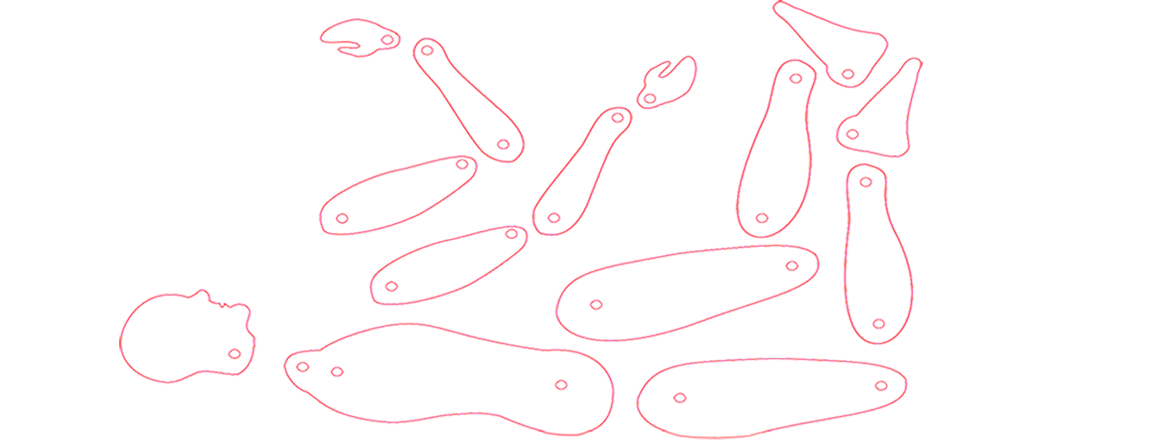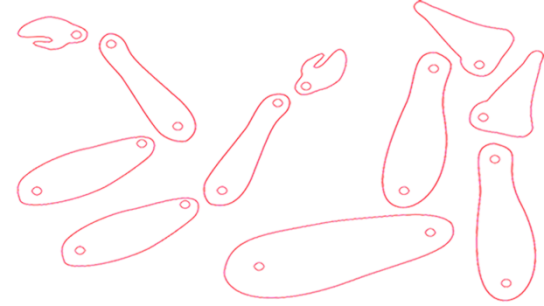Talkbits on Civil War: Biomedicine in Parts
by
For our final installment of our talkbit series interrogating civil war, we spoke with Jennifer Terry, professor of gender and sexuality studies at UC Irvine, about her 2017 work, Attachments to War: Biomedical Logics and Violence in Twenty-First-Century America, in order to investigate the symbiotic logic by which war and the advanced world of biomedicine are intertwined. How might war look differently if medicine had never progressed into the reparative world of prosthetics? Together we talk through this important hypothetical as well as the implications of her work for our civil war project overall.
“The fact that medicine and medical practice and medical philosophy stages itself so much as a mixture of secular redemption (has all the dreams of total control; it can claim, also, fundamentally humane qualities because it is intended to care for the sick and wounded), but it also has this additional possibility for us, which is not just to create a sense of wholeness of the nearly-destroyed body, or the barely-surviving body, but (and this is the part about prosthetics that is so key) it dreams of a superhuman capacity, something that exceeds the limits of the even perfectly healthy body […] exceeding nature’s limitations.”
In the background: Talal Asad, On Suicide Bombing • Wellek Lecture Series • Donna Haraway, “A Cyborg Manifesto” • John Keegan, The First World War • Samuel P. Huntington, “The Clash of Civilizations?” • Hugh Herr, “How We’ll Become Cyborgs and Extend Human Potential”



